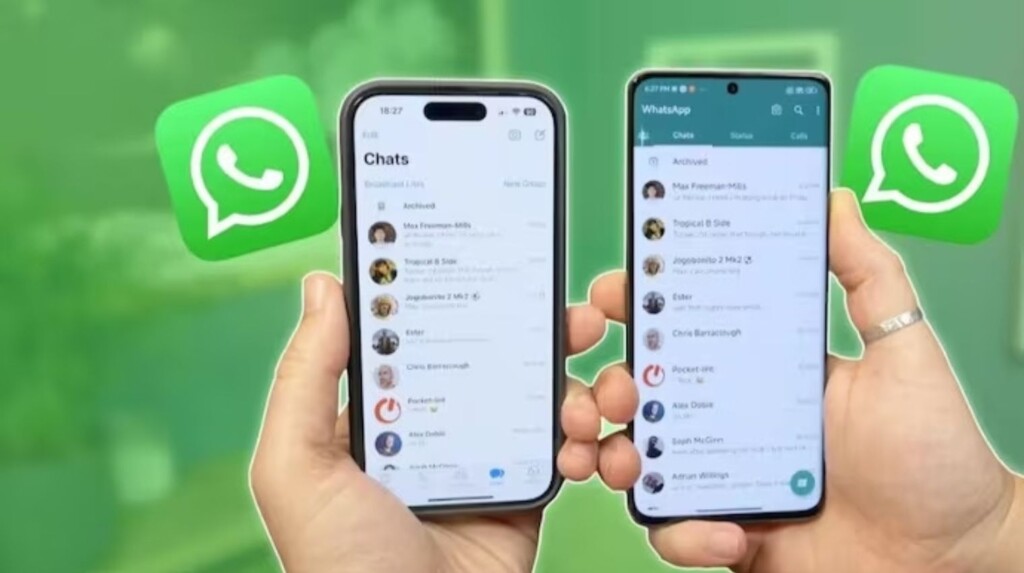In recent months, the rise of cyber scams in India has become a pressing issue. Numerous individuals have fallen victim to these scams, resulting in the loss of their hard-earned money. These scams are orchestrated by unknown individuals who operate through various online platforms. From work-from-home scams to YouTube video scams, hotel rating scams, and even “hi mom” scams where scammers pretend to be relatives in need of money, the range of fraudulent activities is vast. What is concerning is that just when one believes they have learned enough to protect themselves from these phishing tricks, cybercriminals come up with new tactics to deceive unsuspecting individuals. A prime example of this is the recent “WhatsApp screen share scam,” where cybercriminals exploit the newly launched screen share feature on the popular messaging platform. With a large user base, this scam poses a significant risk of financial loss and other forms of cyber abuse to unsuspecting users.
What is the WhatsApp screen share scam
The WhatsApp screen share scam is a fraudulent scheme where scammers deceive users into initiating screen sharing on their phone using the WhatsApp app. Unlike typical scams that involve direct requests for sensitive information, this scam manipulates users into granting the scammer real-time access to their phone’s screen. Scammers achieve this by assuming false identities, creating a sense of urgency, or offering assistance with phone-related problems.
Once users initiate the screen share, they unknowingly provide the scammer with the ability to observe everything happening on their screen in real-time. This access extends beyond WhatsApp messages and includes sensitive information like one-time passwords (OTPs) for bank accounts, social media platforms, or other vital services. Essentially, scammers can view anything that users scroll through during the screen sharing session. Armed with this information, scammers can steal OTPs to empty bank accounts, change passwords to lock users out of their social media accounts, or even install malware for future surveillance.
What makes this scam particularly perilous is that scammers do not require users to actively disclose information. They simply need users to click a button to enable screen sharing. This seemingly harmless action, often used for legitimate purposes such as assistance or demonstrations, allows scammers to access sensitive data without any active participation from the user. Once obtained, this data can be exploited to drain bank accounts, seize control of social media accounts, and facilitate further criminal activities.
Here are some essential guidelines to ensure your safety when using WhatsApp and avoiding screen sharing scams:
- Exercise caution when receiving voice/video calls from unfamiliar numbers on WhatsApp. It is advisable to refrain from answering calls from unknown contacts. If you have doubts, take the necessary steps to verify the caller’s identity before proceeding.
- Under no circumstances should you share One-Time Passwords (OTPs), credit/debit card numbers, or CVVs with anyone, even if they appear to be making legitimate requests.
- Safeguard the confidentiality of your passwords at all times. Refrain from disclosing them to anyone, even individuals who claim to represent official organizations.
- When sharing your screen during a video call, ensure that you have already opened the specific file you wish to display. Avoid opening applications such as messages or notepads where sensitive information like passwords may be stored.
